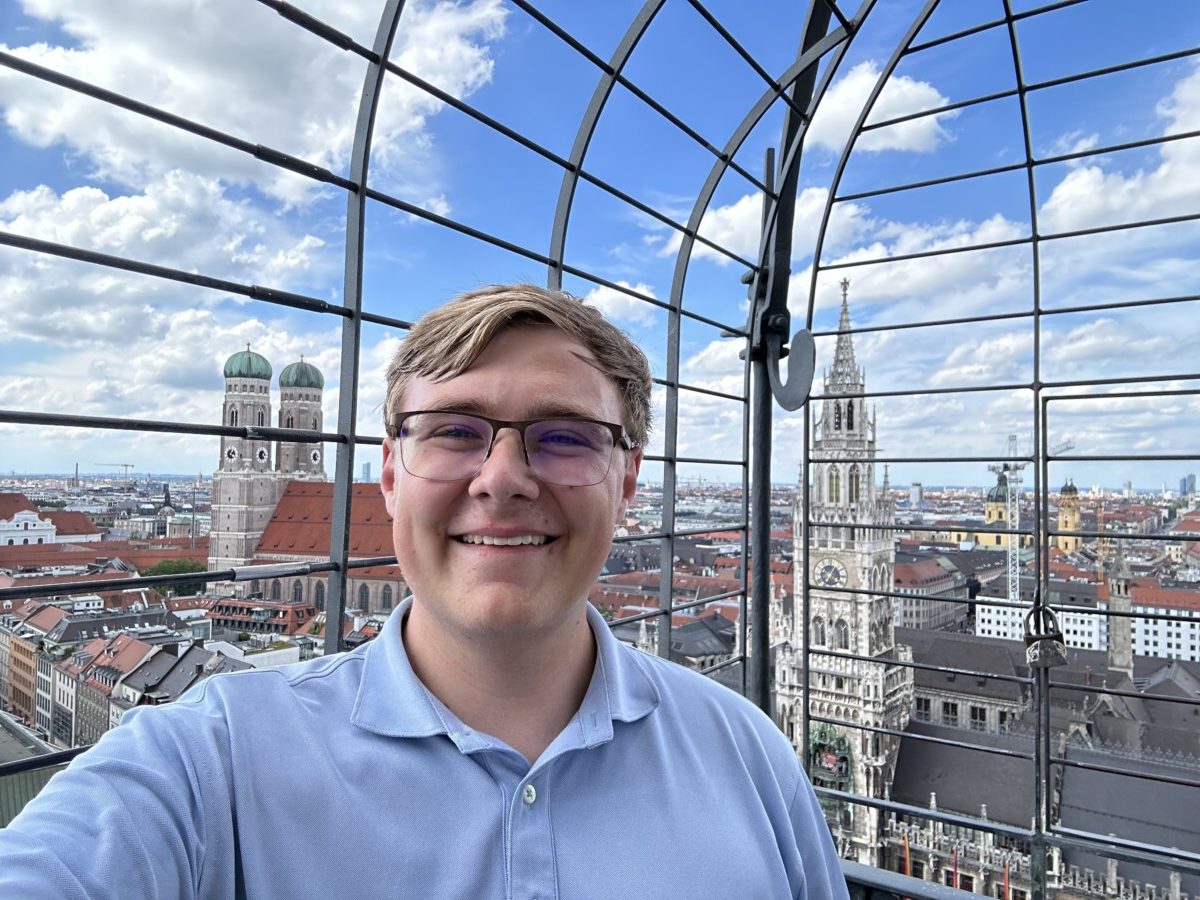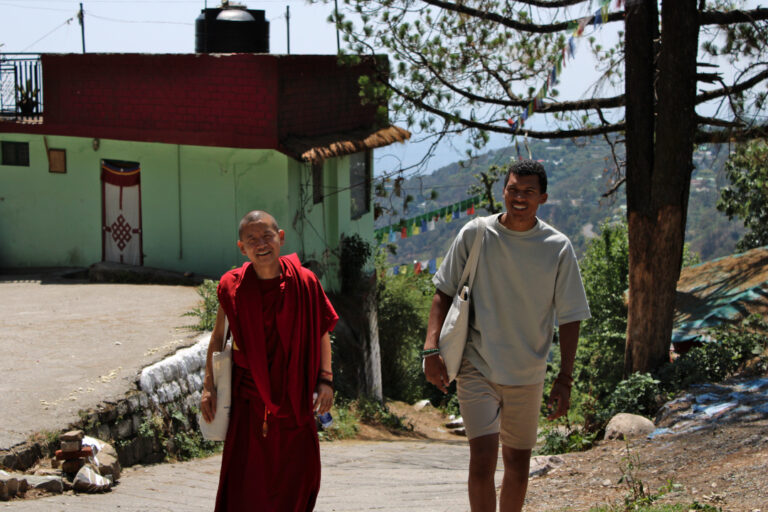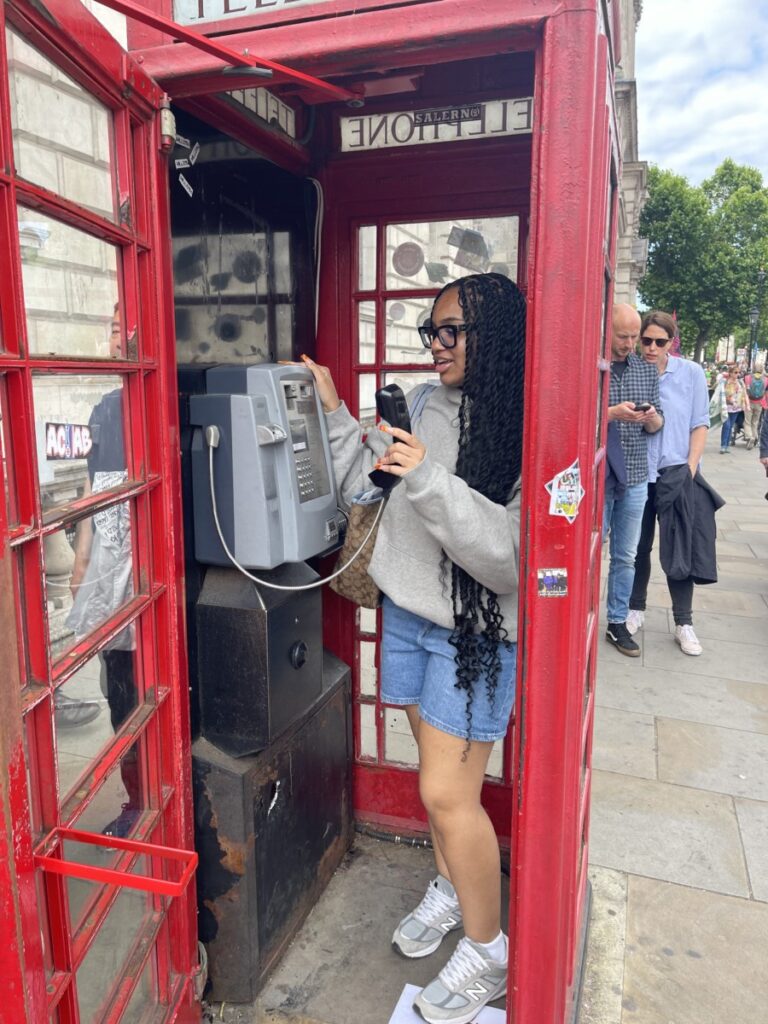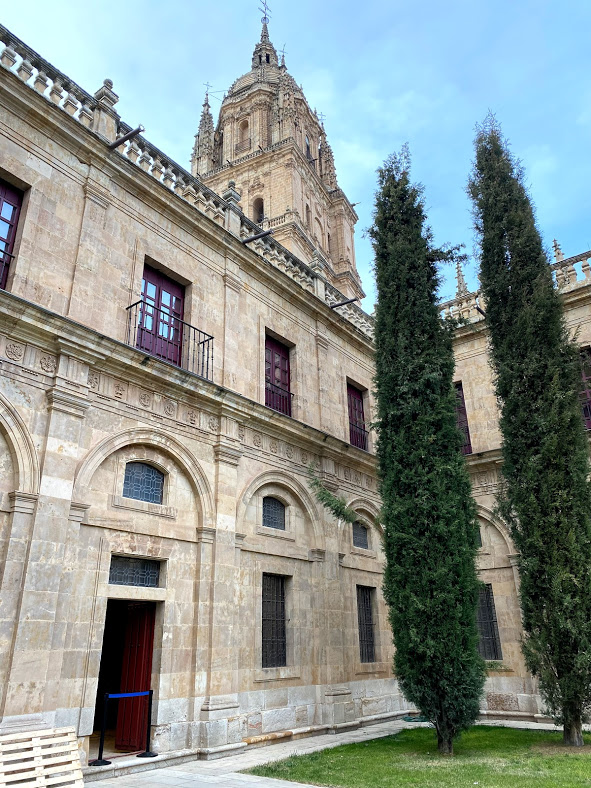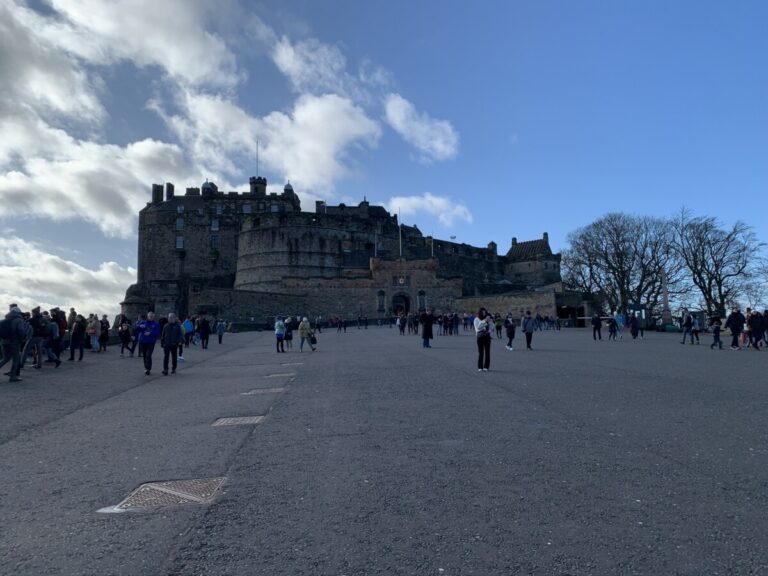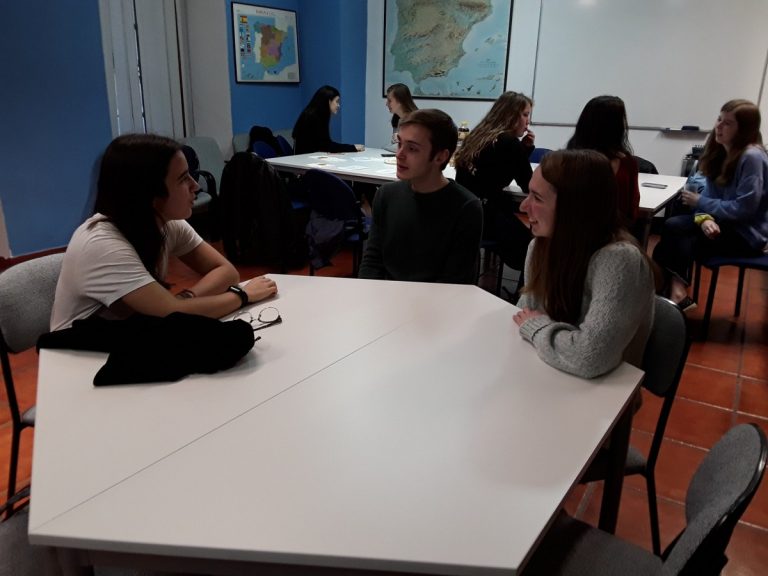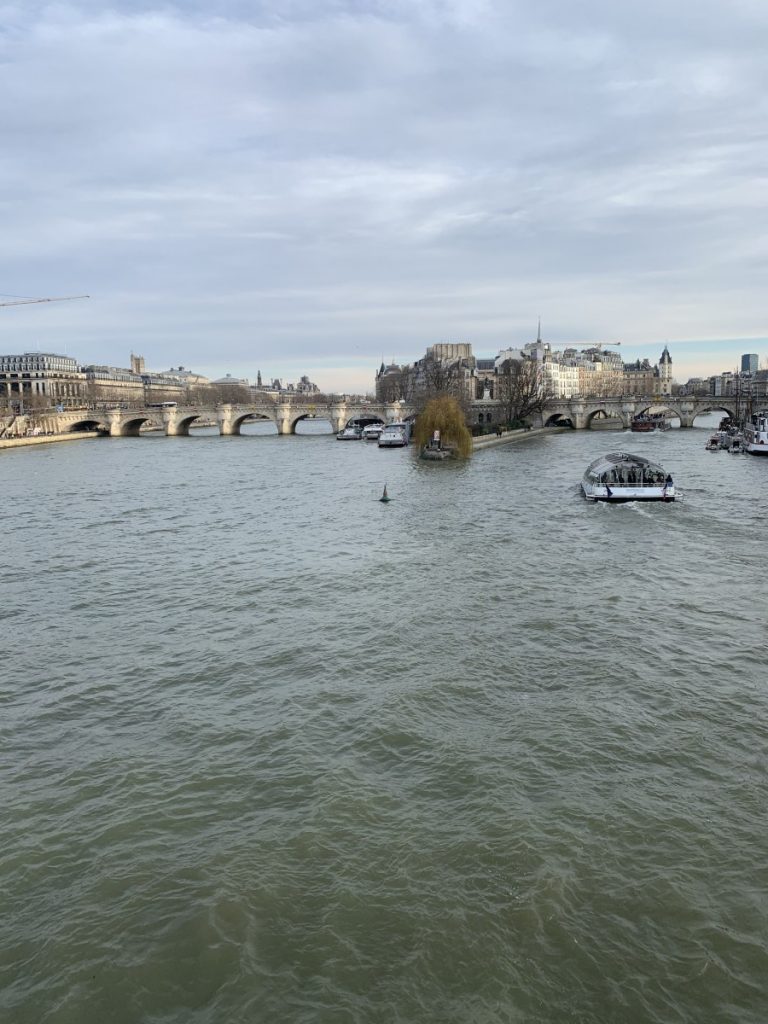Language Learning and Döner in Vienna
by Henry Donath, Emory German Studies in Vienna, Summer 2024
On my first day in Vienna, I grew anxious. It suddenly all felt real: I was going to spend two months in a new country where the language was, for the most part, foreign to me. After spending over a decade studying French, I had set my sights on German only two short semesters before. I already began to feel the limitations of my prior studies as I walked around Vienna. What in the world did the U-Bahn or metro announcement “Bitte seien Sie achtsam, andere brauchen Ihren Sitzplatz vielleicht notwendiger” mean? And what kind of greeting was servus? It was clear to me that the learning curve would be steep.
My first challenge was meeting my host. I successfully found my way to Vienna’s 5th district while dragging an overstuffed duffel bag and backpack, soon finding the 110-year-old apartment building that would be my home for the next two months. Feeling brave, I rang the doorbell, and after a brief but tense wait, I was greeted by my host. Unfortunately, I promptly forgot almost every German word or phrase that I had ever learned. I managed to get out my name and a quick Hallo, but the rest of our 30-minute conversation was awkward to say the least. This was a discouraging start, yet miraculously, I remained optimistic.
Over the next few days, I did my best to listen and observe. Whether I was in the subway, on the streets, or in the countless museums around Vienna, I tried to process everything that I was seeing and hearing. By the time classes began, I was already beginning to build back my confidence. I found myself able to navigate the U-Bahn, and I was even beginning to use a handful of German phrases when absolutely necessary. I also took comfort in that I was not alone; my program consisted of ten or so Emory students all undergoing the same immersion as I was. Additionally, I was fortunate to have the support of several Emory professors on the program who I had already met back in Atlanta.
With daily immersion and the help of daily classes focusing on vocabulary and important happenings in Vienna, I gradually began to pick up new words and phrases. Soon, I had no problem stopping at a Döner stand and picking up a delicious kebab sandwich. Perhaps one of my favorite interactions in German happened at my district’s Döner stand. Walking in for the first time, I was expecting a brief conversation where I would order and request my Döner mit alles (with everything). Imagine my surprise when I soon found myself conversing at length with the stand’s owner. The owner of the stand had generously complimented my German and asked where I was from, launching us into a conversation that included sharing our favorite American cities and states. We even briefly touched on political happenings in the US. By the end of the discussion, he joked that I spoke better German than his mother, who had immigrated to Vienna more than 50 years before. That single conversation buoyed my spirits for weeks, and their stand became my favorite in the city.
By the end of my time in Vienna, I was certainly not fluent, but the progress I had made in German was immense. I left the city far more confident in my abilities in both spoken and written German. The program also acted as a strong foundation for my continued study of German here at Emory. I found language immersion to be intimidating and awkward at first, but the benefits have been considerable. Reflecting on my experience the German saying “ins kalte Wasser springen” often comes to mind. This translates to diving into cold water, and the phrase is often used in describing the positives of jumping into unfamiliar, somewhat intimidating situations. The Vienna Program was certainly my equivalent of jumping into cold water, and I could not be happier with my experience.

